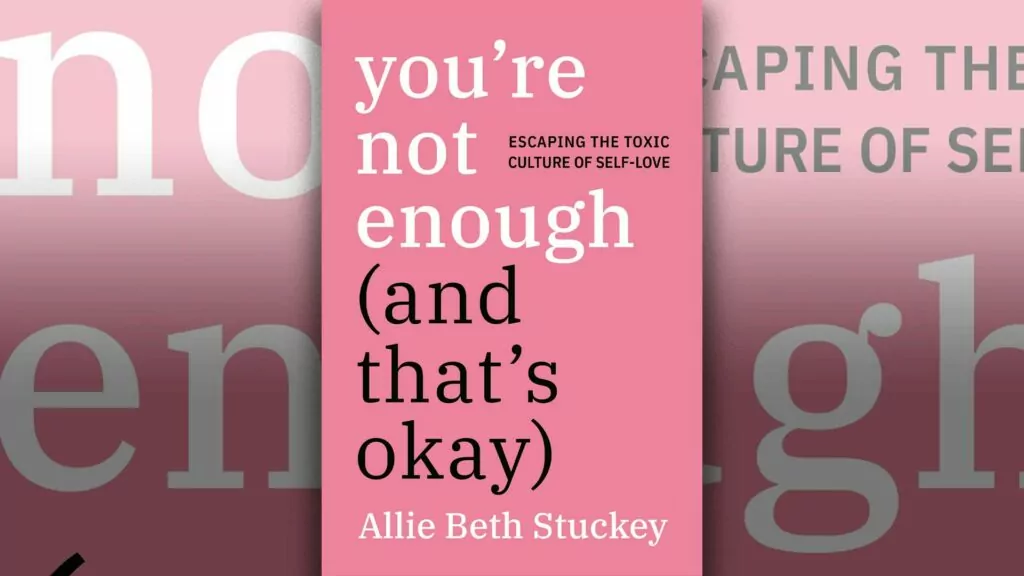Some years ago a particularly blasphemous movie, The Da Vinci Code, hit theaters and a number of prominent Christians called for a boycott. Even the Vatican favored a boycott – Archbishop Angelo Amato noted that the film’s portrayal of Christ as both a secret husband and father was little more than anti-Christian propaganda.
But do boycotts work?
Archbishop Amato pointed to a 1988 boycott of the infamous The Last Temptation of Christ that seemed to have had an impact – the film bombed, barely recouping its costs. But a more recent boycott was ineffective. Disney’s 2017 live-action version of Beauty and the Beast featured a brief inclusion of homosexual romance, prompting some Christian leaders to call for a boycott. But the film performed spectacularly at the box office, taking in $1.25 billion worldwide.
Boycotts can also backfire when they bring more attention to a film or product than it would otherwise have received. An ill-conceived 2015 boycott of Starbucks (for plain red Christmas-time cups that were not Christmasy enough for some hyper-sensitive Christians) got millions talking. But even some of the supposed “boycotters” continued buying coffee at the store, though they then added Christmas messages to their own cups and posted pictures to Twitter.
If boycotts aren’t effective, what’s the alternative? Is the only option just to quietly ignore what’s objectionable? No indeed, said Christianity Today‘s Barbara Nicolosi. In a column about the Da Vinci Code boycott, Nicolosi proposed another possibility. Instead of meekly paying no attention to the film, or loudly boycotting it, she suggested Christians “othercott” it.
“On The Da Vinci Code’s opening weekend… you should go to the movies. Just go to another movie. That’s your way of casting your vote, the only vote Hollywood recognizes: The power of cold hard cash laid down on a box office window on opening weekend…. The major studio movie scheduled for release against [The Da Vinci Code] is the DreamWorks animated feature Over the Hedge. The trailers look fun, and you can take your kids. And your friends. And their friends. In fact, let’s all go see it. Let’s rock the box office in a way no one expects – without protests, without boycotts, without arguments, without rancor.
This soon became an organized campaign, with its own webpage and articles about it in USA Today and The New York Times. And on the opening weekend of both films, while The Da Vinci Code did still finish on top, Over the Hedge took second place.
Other othercotts
This was supposedly the first ever “othercott” organized and it did have its problems – The Da Vinci Code still made $750 million worldwide, and even the movie alternative Nicolosi selected, Over the Hedge, was far from perfect, taking God’s name in vain. That said, there is something here worth considering.
Bible-believing Christians can so often seem negative – we are always coming out against things: from gay marriage to Sunday shopping, Christians are seen as no-fun, finger-wagging, sorts.
But that’s not who we are, and that’s not who our God is. Yes, He has prohibitions, but He isn’t a killjoy. He is showing his love in those prohibitions – many act like guardrails to keep us from harm.
That’s why it would be great if, instead of simply opposing evil, we could “othercott” it. It would better reflect our Heavenly Father if we were known for pointing people to positive alternatives. Sure, we’re against gay marriage, but we’re for kids having a mom and a dad. And we may be against Sunday shopping, but we’re for families having one day out of the week when they can all be together.
One of the first articles I wrote was about how the Christian grad parties that my high school friends and I were attending often denigrated into drunken bush parties. Some of these evenings started out with a strict alcohol ban, but this was the equivalent of a liquor “boycott,” not a liquor “othercott.” The kids knew they weren’t allowed to drink, but they didn’t have anything else planned and so, as the night dragged on and people got bored, eventually the scotch, whiskey, vodka and beer appeared. The “boycott” failed.
Meanwhile at my cousin’s Christian high school, drunken bush parties had been “othercotted” in favor of white water rapid trips. And as a result alcohol was rarely a problem.
There is an old saying that “you can’t beat something with nothing.” The Apostle Paul says something similar in Ephesians 4. There he calls on us to “put off your old self” with its sinful desires. But he doesn’t want us to stop there. If we stop there we might find ourselves in the same situation as the man spoken of in Matthew 12 who was freed from the power of a devil for a time, but didn’t pursue God, and soon after found himself under demonic power again, seven times worse than before! It is not enough to put off our sinful selves; we need to replace the bad with good and “put on our new self created after the likeness of God in true righteousness and holiness.”
Paul also tells us:
“Whatever is true, whatever is noble, whatever is right, whatever is pure, whatever is lovely, whatever is admirable – if anything is excellent or praiseworthy – think about such things” (Phil. 4:8).
Any old curmudgeon can say he hates this or that. We should go further and focus on what good, or fun, or positive things we can do instead.
Conclusion
Of course, that is easier said than done. This othercott approach takes work and thought. For example, earlier this month Reformed Perspective published an “othercott” list of fun movies and videos that don’t take God’s name in vain. I was trying to encourage not just a boycott of bad films, but an othercott of them with 150 proposed alternatives. It was a fun list to create but it represents years worth of research. And to use this list parents will have to find them on Amazon, or check them out of the library; few are going to be found on Netflix, so it will take some effort to track them down. Othercotting can be very time consuming.
Still, it is worth the effort. How many of us can remember the way we used to view Sundays as kids? It was the day we couldn’t do things – we couldn’t go to the mall, or buy a slurpee at the corner store, and some of us weren’t allowed to go biking or play basketball. Those were activities that were “boycotted” that day.
It was a no-fun, finger-wagging sort of day.
But now what if instead of boycotting these things we othercotted some of them instead? What if instead of being a day in which we couldn’t do things, Sunday became the day in which we could go to church, we could play a game or go biking with our dad, we could put our homework aside and pull out our crayons, we could watch a movie together, or we could make that puzzle with mom. God gave us this day of rest as a gift – we should never let it become a dreaded day.
We all know we have to oppose evil, but sometimes we forget that we should also actively support good. So while this term “othercott” may not be catching on, it is an idea well worth remembering.
A version of this article first appeared in the June 2006 issue.













